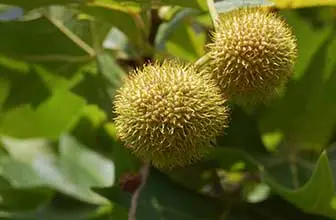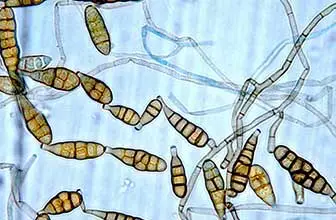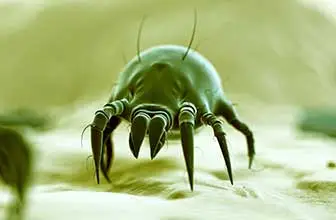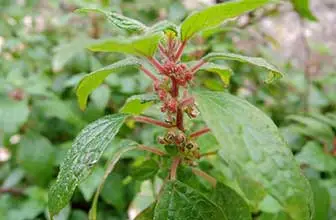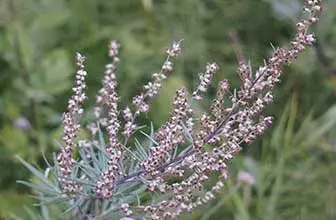Allergies
Timothy grass pollen
Allergy to timothy grass pollen (Phleum pratense) is one of the most common allergies worldwide (between 1- 30% of the population). Timothy grass is a large family of plants, wild or cultivated, with more than 12,000 different species. Among them, there are such common products as rice, wheat and sugar cane. It is estimated that they constitute approximately 20% of the Earth's vegetation cover. Grasses produce a large amount of pollen, being late spring when the highest concentrations are obtained. However, given the large number of species and depending on the climate, grass pollen can be found in the atmosphere throughout the year. The species Phleum pratenseis native to Europe, but is spread throughout the world. It prevails in regions with temperate and cold climates, and is not very resistant to heat and drought. The most common symptoms are rhinitis, conjunctivitis, skin disorders and asthma. As a prevention, it is advisable to avoid going outside at times of highest pollen concentration (mainly at dawn and dusk, especially when there is a strong wind), install anti-pollen filters in the air conditioning and car, carry sunglasses when going outside, showering and changing clothes when you get home, and not laying outside. People with allergies to timothy grass pollen can eat cereals without any problem, unless they have been diagnosed with an allergy to some of these foods.
Alérgeno recombinante para IVD
TYPE
Especie
ALÉRGENOS RECOMBINANTES
Name, references, and description
Tipo de reactivo
- Alérgenos/Antigenos
- Bloqueadores
- Anticuerpos
Características Reactivos
- Humana
- Animal
- Allergies
-
Phleum pratense
-
- Phl p 1
- RAL0001
- RAL0001BIOT (biotinylated)
- Beta-expansin
-
- Phl p 5a
- RAL0003
- RAL0003BIOT (biotinylated)
- Unknown
-
- Phl p 5b (isoallergen 5.0201)
- RAL0017
- Unknown
-
- Phl p 7
- RAL0002
- Polcalcin
-
- Phl p 12
- RAL0004
- Profilin
-
Brochures
- Rekom Biotech catalogue
- Recombinant proteins for in vitro diagnosis of allergies
- Recombinant allergens for diagnosis of timothy grass allergies
Videos
Especialistas en alérgenos recombinantes para tests de anticuerpos de alérgenos
We ensure a commitment to absolute confidentiality regarding all information received and generated related to your project.
-
[[carrito.product.name]]
- [[sku.sku]]
Or if you prefer...
We will analyze your request to prepare a quote tailored to your needs.
-
[[carrito.product.name]]
- [[sku.sku]]
As manufacturers, we can adapt our products to your needs.
Contact us!

